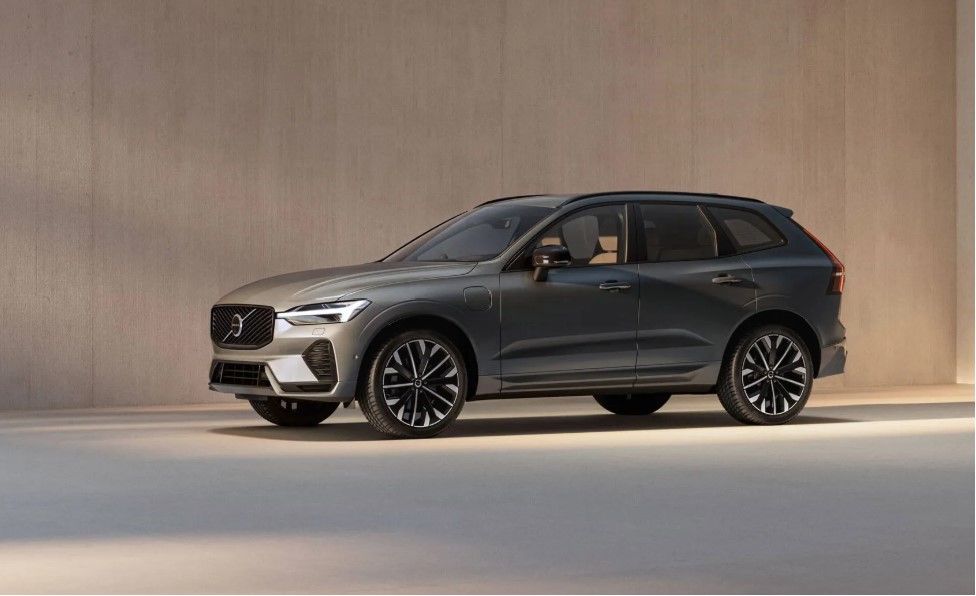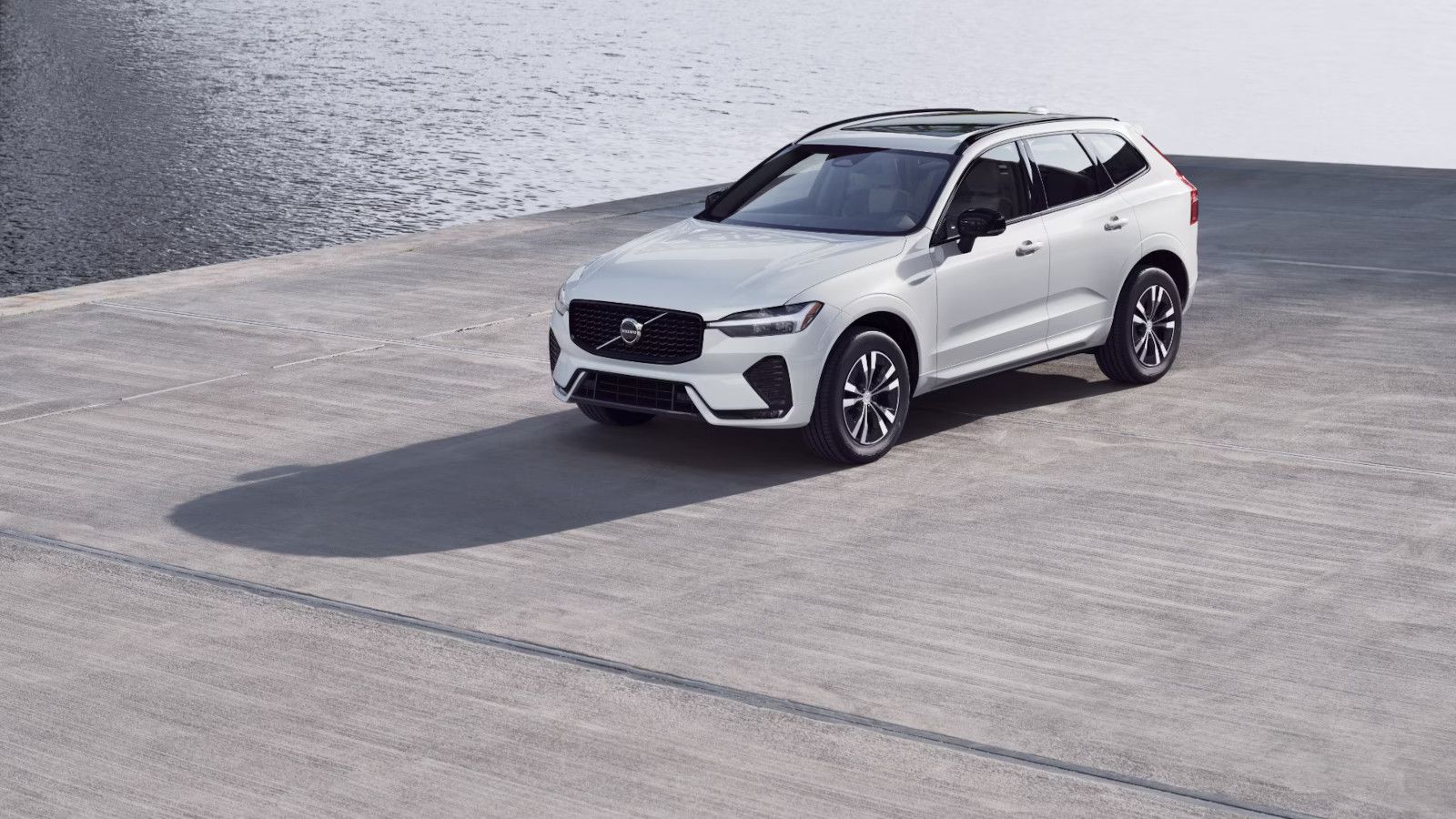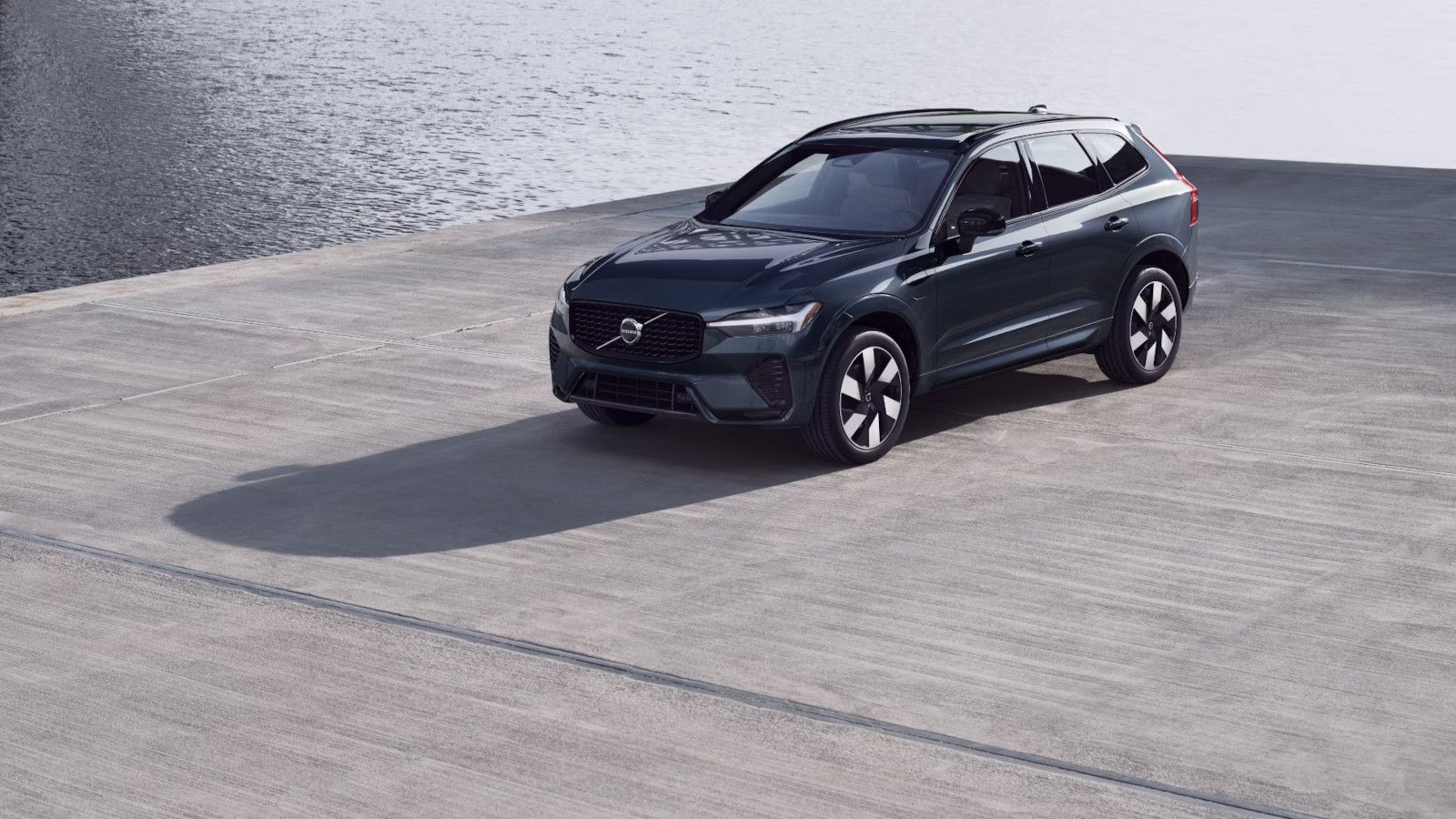
Discover the 2026 Volvo XC60 in Canada: Scandinavian Luxury Meets Urban Sophistication
Volvo Cars Toronto is proud to introduce the 2026 Volvo XC60, the premium midsize SUV reimagined for modern Canadian lifestyles. Blending...
Read moreVolvo Cars Toronto
Volvo has once again proven its leadership in sustainable automotive solutions with the introduction of the EX30, the electric vehicle (EV) with the lowest carbon footprint across Volvo's entire electric lineup. The release of the Life Cycle Assessment (LCA) for the EX30 has sparked considerable interest, showcasing Volvo's commitment to transparency and environmental responsibility.
A Closer Look at the EX30’s Environmental Credentials
The LCA report for the EX30 paints an optimistic picture for the future of electric vehicles, detailing a significant decrease in carbon emissions compared to traditional internal combustion engines. The EX30 is reported to produce only 23 tonnes of carbon over 200,000 km, setting a new benchmark for eco-friendly driving.
The Role of Renewable Energy in Reducing Emissions
One of the most compelling findings from the LCA is the dramatic effect renewable energy can have on reducing the EX30’s carbon footprint. When powered by wind-based electricity, the EX30's emissions drop by an impressive 42% compared to the global electricity mix. This stark difference highlights the importance of continued investment in renewable energy sources for the EV industry to realize its full environmental potential.
Volvo Cars has long been synonymous with safety; now, it's becoming equally known for sustainability. Jonas Otterheim emphasizes the need for increased transparency in addressing the challenges of electric vehicle production and emissions. The EX30’s LCA is a step towards understanding and minimizing the environmental impact of EVs.
Innovations in Recycling and Material Use
The EX30 leads the way in incorporating recycled materials into its design. With significant portions of its aluminum, steel, and plastics derived from recycled sources, the EX30 not only reduces emissions but also sets a precedent for sustainable manufacturing practices in the automotive industry.
Future Endeavors to Minimize Carbon Impact
Volvo is not resting on its laurels; plans are already underway to collaborate with suppliers to further reduce the carbon footprint of the EX30. Efforts focus on decreasing emissions in the production of batteries, a critical component of electric vehicles, through the adoption of renewable energy and recycled materials.
The Volvo EX30's numerous awards, including accolades from News UK Motor Awards, Carwow, and TopGear.com, reflect its impact not only as an innovation in electric vehicle technology but also as a leader in environmental stewardship. As Volvo continues to advance towards its goals of becoming a fully electric car company by 2030 and achieving net-zero greenhouse gas emissions by 2040, the EX30 serves as a key milestone in this ambitious journey.

Discover the 2026 Volvo XC60 in Canada: Scandinavian Luxury Meets Urban Sophistication
Volvo Cars Toronto is proud to introduce the 2026 Volvo XC60, the premium midsize SUV reimagined for modern Canadian lifestyles. Blending...
Read more
Why the 2024 Volvo XC60 Strikes the Ideal Balance Between Comfort and Capability
The 2024 Volvo XC60 offers a harmonious blend of luxury and performance, catering to drivers who demand both comfort and capability from their...
Read more
10 Ways the 2025 Volvo XC60 Delivers the Perfect Family Vehicle Experience
The 2025 Volvo XC60, a luxury compact SUV, continues to shine as one of the top choices for families, especially in the Canadian market. Volvo’s...
Read more